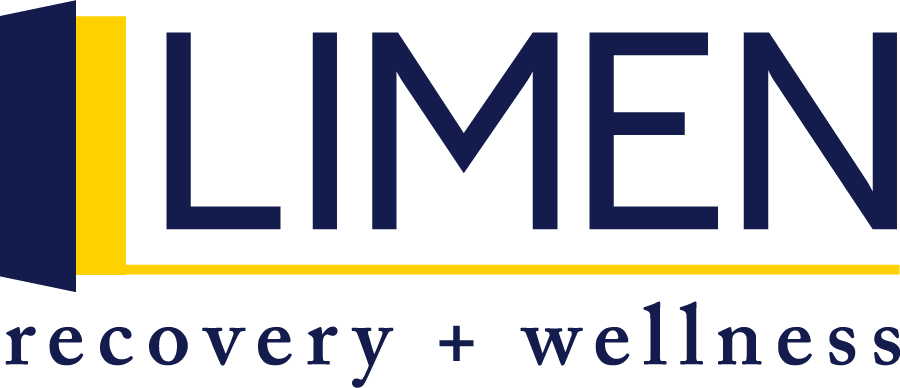Father Martin compared recovery for an alcoholic to how the first breath of air would feel for someone who almost drowned. A large part of the relief we find after coming into the rooms are bonds we form with others in recovery after emerging from extended periods of isolation. Maintaining a strong network of sober friends is an essential part of recovery from addiction. A supportive community can provide the encouragement, motivation, and accountability necessary to stay on the path to sobriety. Building and maintaining a network of sober friends can be a challenge, especially for those who are new. In this blog, we will explore some tips and strategies to help grow a network of sober friends. With the right approach, anyone can create and maintain healthy relationships, and take an important leap toward a successful and lasting recovery.
Here are some steps you can take that will ensure you have the best chance for long-term recovery:
Attend Meetings Regularly
Attend 12-step meetings such as AA or NA regularly to build relationships with others in recovery. Meetings provide a safe space to share your experiences, listen to others, and build meaningful connections with people who are walking the same path as you.
Get Involved in a Sober Community
Get involved in your sober community by participating in activities, volunteering, or joining a sober sports team. These activities provide opportunities to meet like-minded people who are committed to their recovery and provide a supportive environment.
Getting a Sponsor
Seek out a sponsor (Mentor) who has been sober for several years and has the experience and wisdom to guide you through your recovery journey. A mentor can provide guidance, motivation, and support and can help you develop a strong network of sober friends.
Stay Connected with Sober Friends
Stay connected with sober friends through regular phone calls, texts, or in-person visits. This will help you stay accountable and provide a safety net when you need it.
Be Open and Honest with Your Sober Friends
Be open and honest with your sober friends about your struggles, your successes, and your setbacks. It’s ok to be vulnerable when you are feeling down. It will help build stronger relationships with supportive friends who are there for you when you need them.
Avoid High-Risk Situations
Avoid high-risk situations that could trigger a relapse, such as going to bars, parties, or other social events where alcohol or drugs are readily available. Instead, seek out sober events and activities that provide a positive environment for your recovery.
I wouldn’t be sober today if not for the friendships I formed in early recovery. Many of us still stay in touch with each other over 20 years later. Something happens when a group is working together to fight a common enemy. We became stronger together!
Whether your attending meetings, volunteering, or participating in events, it is important to stay connected and involved to maintain the strength it takes to accept life on life’s terms. By implementing steps like these in your daily routine, people in recovery can build and maintain a strong network of sober friends, which can be a valuable resource for continued growth and success in recovery.

